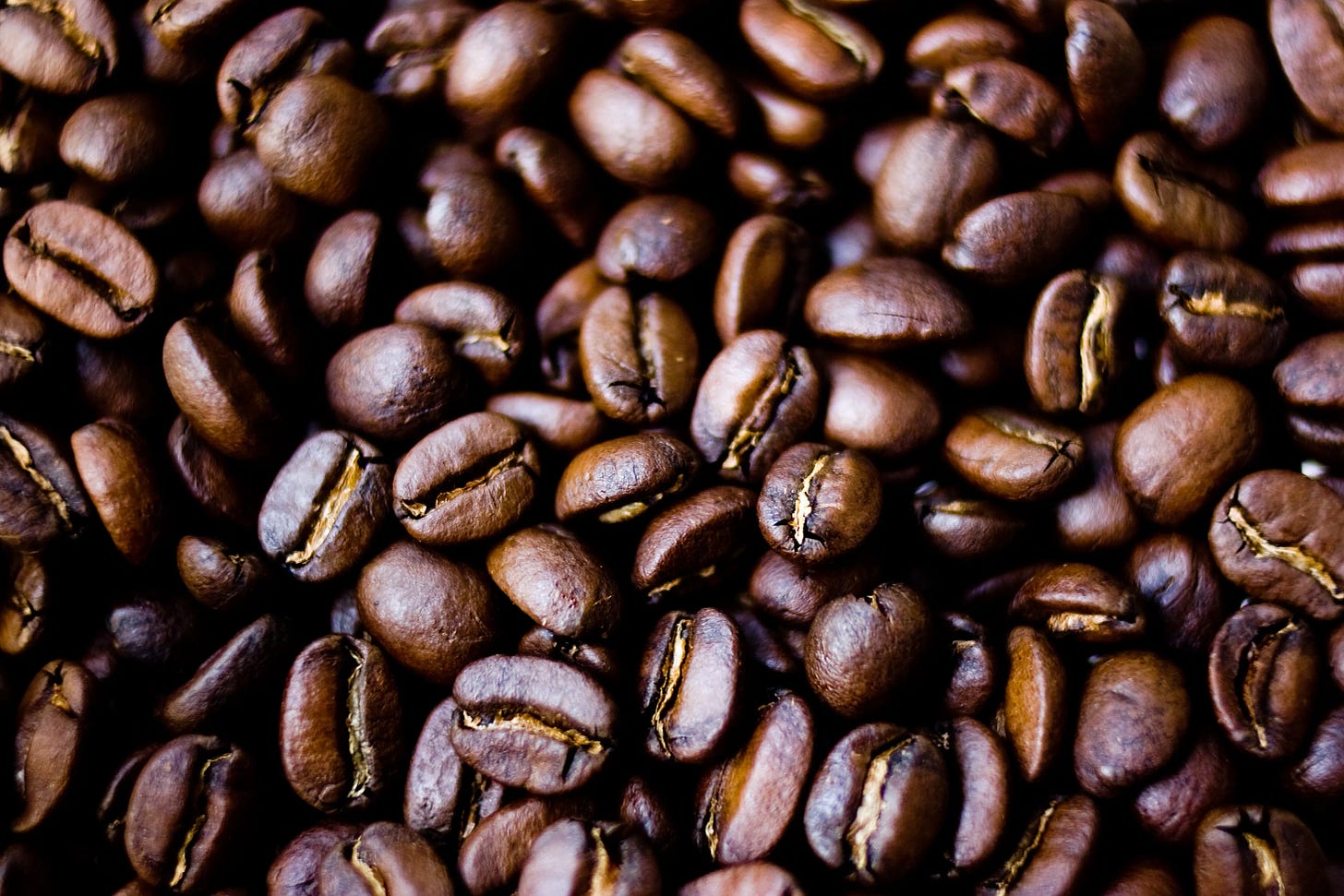Why is coffee considered healthy and when is the best time to drink it?
Coffee is one of the most popular beverages worldwide, has been the subject of numerous studies exploring its health benefits and optimal consumption times. Let’s take a look.
Health Benefits of Coffee
Rich in Antioxidants: Coffee is a potent source of antioxidants, which help combat oxidative stress and reduce the risk of chronic diseases. The primary antioxidants in coffee are chlorogenic acid and melanoidins, which have been linked to improved heart health and anti-inflammatory effects.
Enhanced Cognitive Function: Caffeine, the primary active ingredient in coffee, is a natural stimulant. It blocks adenosine, an inhibitory neurotransmitter, leading to increased neuron firing and the release of other neurotransmitters like dopamine and norepinephrine. This process can enhance brain function, improve mood, reaction time, memory, and overall cognitive function.
Metabolic Boost and Fat Burning: Caffeine can boost metabolic rate by 3-11%, helping the body burn fat more efficiently. It also increases adrenaline levels, preparing the body for physical exertion, which can be particularly beneficial for athletes and those engaging in physical activities.
Lower Risk of Certain Diseases: Regular coffee consumption has been linked to a reduced risk of several diseases. Studies suggest that coffee drinkers have a lower risk of developing type 2 diabetes, Alzheimer's, Parkinson's, and certain types of cancer, including liver and colorectal cancer. Additionally, coffee consumption has been associated with a lower risk of heart disease and stroke.
Improved Physical Performance: Caffeine stimulates the nervous system, signaling fat cells to break down body fat. This broken-down fat is available as fuel, enhancing physical performance. It can also increase adrenaline levels, improving endurance and strength.
Best Time of Day to Drink Coffee
While coffee offers numerous health benefits, the timing of consumption can significantly impact its effectiveness and your overall well-being.
Morning Hours: The best time to drink coffee is typically between 9:30 a.m. and 11:30 a.m. This timing aligns with the body's natural circadian rhythm. After waking up, the body's cortisol levels are at their peak, which naturally helps you feel alert. Consuming coffee during this peak can diminish its effectiveness. By mid-morning, cortisol levels drop, making it an ideal time to introduce caffeine to maintain alertness and productivity.
Avoiding Late Afternoon and Evening: Drinking coffee late in the afternoon or evening can interfere with sleep. Caffeine has a half-life of about 5-6 hours, meaning it can stay in your system and affect your sleep quality if consumed too late in the day. Poor sleep can lead to a host of health issues, including impaired cognitive function, mood disorders, and increased risk of chronic diseases.
Pre-Workout: For those looking to enhance their physical performance, consuming coffee about 30-60 minutes before a workout can be beneficial. The caffeine content can increase adrenaline levels and break down body fat, providing a burst of energy and improving endurance.
Personal Sensitivity and Tolerance: It's important to consider individual differences in caffeine sensitivity and tolerance. Some people metabolize caffeine faster than others and may not experience the same effects. It's crucial to pay attention to how your body responds to caffeine and adjust your consumption accordingly.
DM me with any questions.





